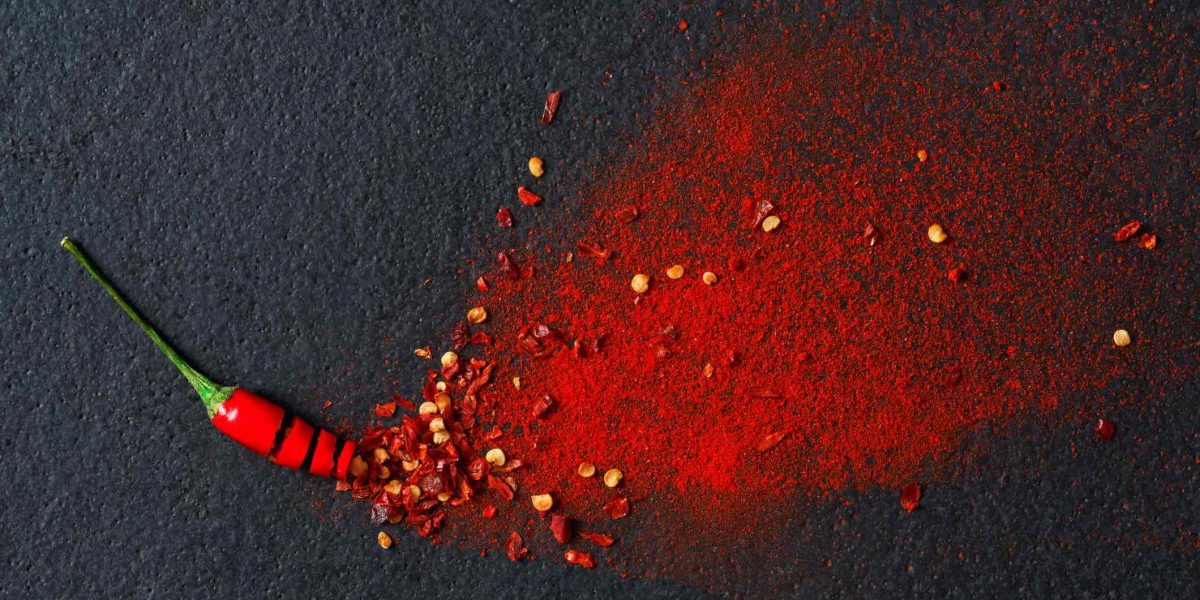![]()
Are you living in Thailand and a fan of hot spicy food that makes your mouth feel like it’s on fire?
Then you are very lucky as scientists are finding that hot spices are especially suited to fight cancer.
Capsaicin
The natural compound in those foods that burns your tongue; also turns the heat up on cancer cells and helps keep them from spreading, it’s a natural wonder, and here’s how it works.
Capsaicin is the ingredient that makes hot chili peppers hot, and at the same time, it offers a dream list of exactly the things you would look for if you were searching for a natural substance that can cut off cancer at the knees.
It blocks genes that help cancer survive., arrests the growth of tumors, stops the extra blood supply that cancer latches onto for nutrients and prevents the metastatic spread of cancer throughout the body.
Capsaicin often induces cancer cells to commit self-induced suicide, a process called apoptosis.
The interesting part of capsaicin’s role in this process is that it can attack cancer cells in several different ways. Each one of them has the same cancer-destroying result.
Capsaicin’s ability to disable and kill pancreatic cancer cells has also drawn a great deal of attention from researchers.
Pancreatic cancer is among the top five cancer killers. The survival rate after five years for this type of cancer is less than ten percent. So, any answer to pancreatic cancer is rare and precious.
Capsaicin appears to be one. It’s been shown to induce apoptosis.

Liver Protection
In today’s society, given our huge appetite for processed food and our problem with carrying too much weight around our middles, we’re experiencing an epidemic of impaired liver function, and the fat tissue that accumulates in this hard-working organ has become a health danger.
It’s diagnosed as a “nonalcoholic fatty liver” by my Quantum MRIT scanners.
Here too, capsaicin may help.
When liver issues give way to liver cancer, research in Asia shows that capsaicin can step in and cause liver cancer cells to self-destruct because of oxidative stress. Malignant cells cannot survive in an oxygen-rich environment.
Now, anyone who has ever tasted a fiery entree spiced with hot chili peppers can testify that they contain something “unique”, and not everyone likes it.
But capsaicin is not popular with cancer cells, either. I hope to see further research into how it can be used to keep cancer under control.
And meanwhile, I think I’ll have a jalapeno-stuffed olive and make for Christmas a reservation at an Isan/Thai restaurant.

Wishing you a Healthy, Happy and Spicy New Year!













